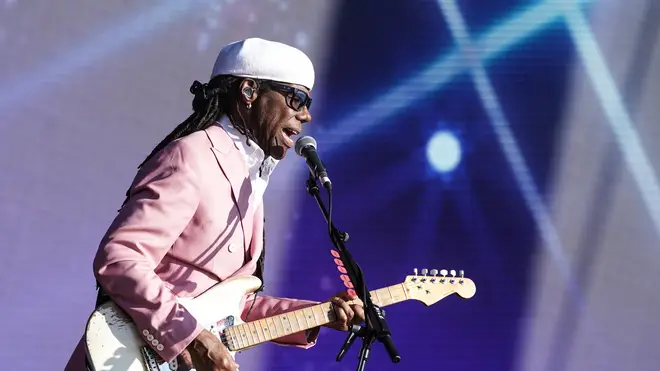
Nick Ferrari 7am - 10am
10 April 2024, 00:04

A cross-party committee has urged the Government to do more to protect the incomes of people working in the creative sector.
Artificial intelligence, streaming and gaps in copyright laws mean even successful musicians, actors and writers are struggling to make a living, MPs have said.
In a report published on Wednesday, the Commons Culture, Media and Sport Committee has urged the Government to do more to protect the livelihoods of those who are “failing to share in the global success of the UK’s creative industries”.
The MPs called for a “freelancers’ commissioner” to give a voice to the roughly one-third of the creative workforce who are self-employed, and ensure creators are compensated when people copy or move content between private devices.
Other recommendations included providing a “definitive deadline” after which the Government would legislate to ensure artists receive fair compensation when their work is used by AI developers.
AI has become a major issue for the industry, with programmes like ChatGPT heavily reliant on copyrighted material for their development and fears that the technology will replace voiceover actors, animators and even live actors.
Actor John Hollingworth, who appeared earlier this year in Mr Bates vs The Post Office, told the committee that AI was “stripping jobs from British actors as we speak”.
The MPs said: “We are concerned that the status quo simply favours AI developers, given creators’ concerns that their IP is already being used in AI development without licence or any practical means of recourse.”
Wednesday’s report also highlighted the significant changes in the creative sector that have led to artists struggling to make ends meet.
During its investigation, the committee heard from award-winning singer-songwriter Nile Rodgers, who said he made 100,000 US dollars from his first single in 1977, an amount unheard of for modern artists.
The Chic frontman said the decline in costs brought about by increased digital streaming should have increased revenues for artists, but said this had not happened.
He said: “I have been doing this for 50 years of my life, and in 50 years you would have thought that, with the advent of all the new technologies, people like me would have a much better life, that things would be easier and we would all profit together, but that is not the case.”
The committee also heard from British musician VV Brown, who said: “When I released my record through a major publisher (in 2007), I was able to make a living. I was able to pay my rent at the time.
“In 2023, in the environment and the culture I am in – I have two children and a mortgage – there is no way for me to sustain myself as a human being in the industry any longer.”
The committee reiterated its previous call for a “complete reset” of the music streaming industry to ensure fairness for musicians, and said while there had been some positive steps the Government needed to “move further and faster”.
Dame Caroline Dinenage, the committee’s chairwoman, said: “Many of our talented actors, writers, composers and singers are failing to share in the global success of the UK’s creative industries as the sector struggles to navigate a perfect storm caused by everything from the emergence of AI through to the rapid changes in the way content is consumed.
“If creators are no longer to be the poor relations, the Government needs to play catch-up by plugging the gaps in outdated copyright and intellectual property regulations and ensuring that there is a champion for the rights of freelancers, who make a vital contribution to their industries.”
A Government spokesperson said: “We are committed to supporting artists and finding an approach which allows them to work in partnership with AI innovators to harness the opportunities this technology provides.
“This includes continuing to engage with all relevant stakeholders on issues including AI, copyright and music streaming, to work towards a shared approach which allows both sectors to thrive. We will set out further proposals on the way forward in due course.”